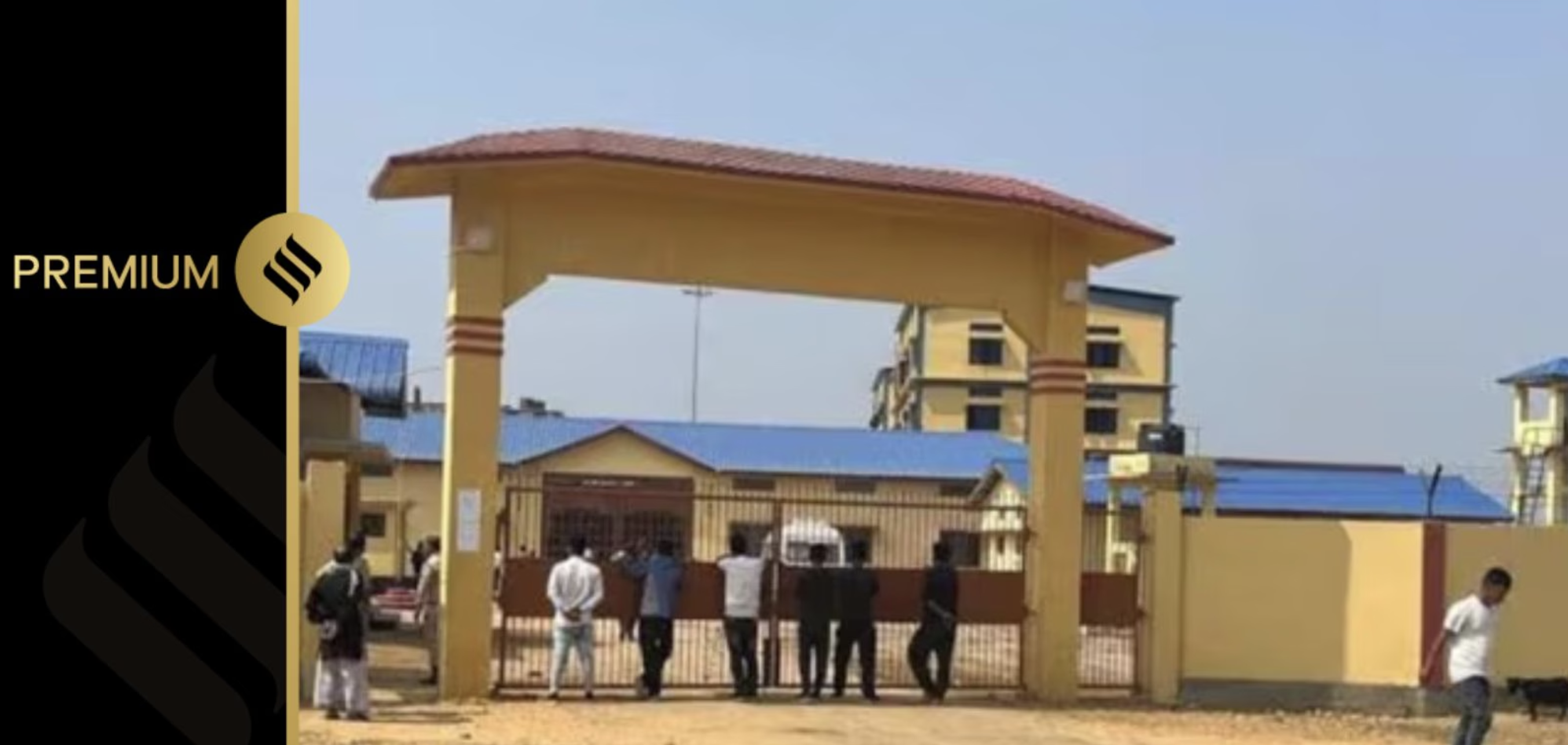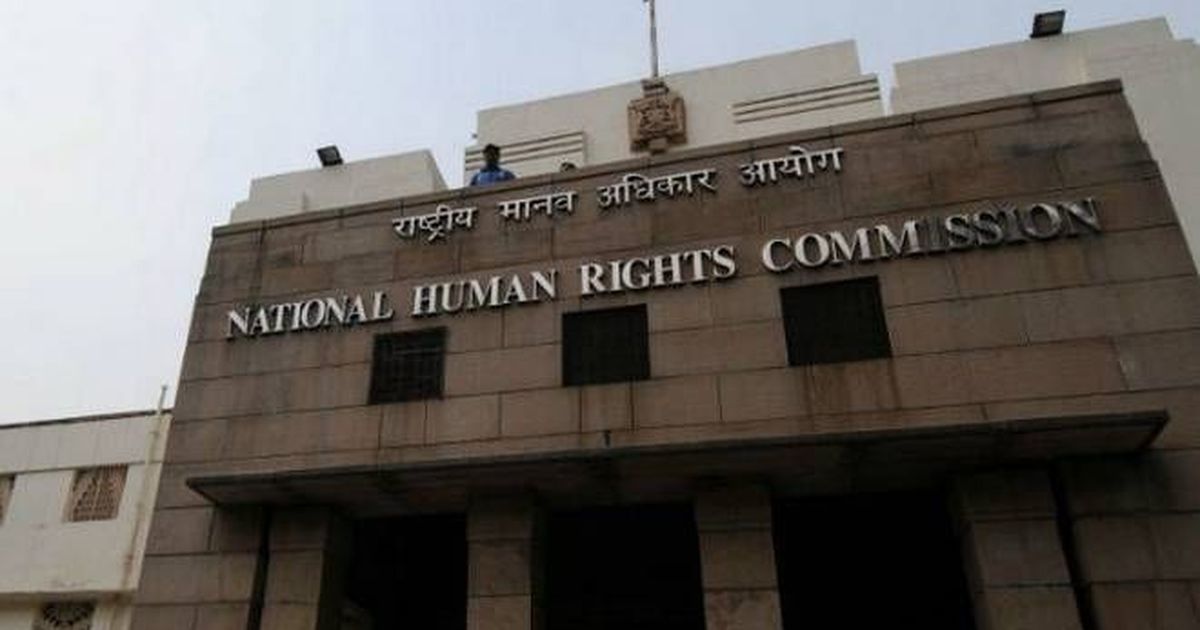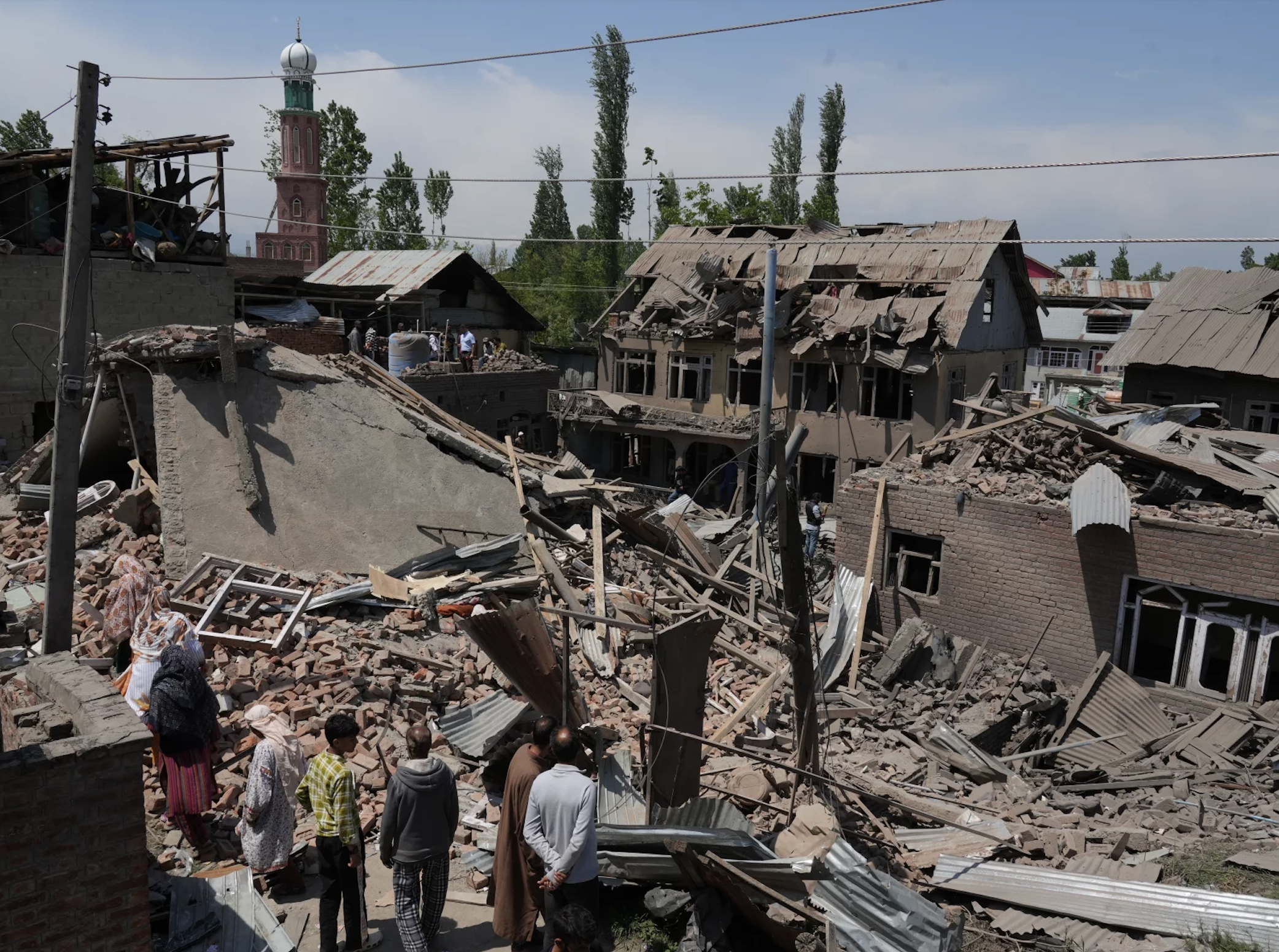
When Bilal Dewan was taken into Assam’s Matia camp on March 11, 2023, he had already spent over seven years in detention at Dibrugarh Central Jail. In all those years, he had neither met nor spoken to anyone from his family.
But to his joy, in the sprawling Matia ‘transit camp’ — Assam’s designated detention camp to house “illegal foreigners” that became functional in 2023 — he met Abdul Rahim, his elder brother. Abdul Rahim had similarly been brought to the camp the previous day after having spent six years in Jorhat jail.
“Maybe it was sad to find out that we were both in this situation. But at that moment, I was so happy. He was the first family member I had seen in seven years,” says Bilal Dewan, now 30.
In that complex where the brothers lived for another nearly two years among others similarly condemned as foreigners, Bilal and Abdul laid their mattresses next to each other’s — the days went past and they wondered if anything would change for them.
It did. On November 30, 2024, Abdul Rahim stepped out on bail and returned to his family home in Central Assam’s Nagaon district. Two months later, Bilal Dewan too was released on bail after having spent nine years in detention.
As he returned to his siblings in Nagaon after nearly a decade, unbeknownst to him, five days after his release, the Supreme Court directed the Assam government to initiate the process of his deportation from the country within two weeks.
Bilal Dewan was among 63 inmates of the Matia camp (as on January 21) whose uncertain status has spurred the Supreme Court to question the process of deportation of individuals who have been declared as not being Indian citizens but whose nationality is not ascertained. At the core of what the Supreme Court is pushing the state and the Centre to answer is: what happens to people declared foreigners by foreigners’ tribunals in Assam after they are detained?
“When we asked a question to the Chief Secretary of Assam… whether the nationality of the persons listed at serial nos. 1 to 63 is known, he answered affirmatively. As it is known that persons at serial nos. 1 to 63 are citizens of a particular country [Bangladesh], there is no reason why State of Assam cannot start procedure for their deportation,” stated the Supreme Court bench of Justice Abhay Oka and Justice Ujjal Bhuyan in their February 4 order.
This story was originally published in indianexpress.com. Read the full story here.





